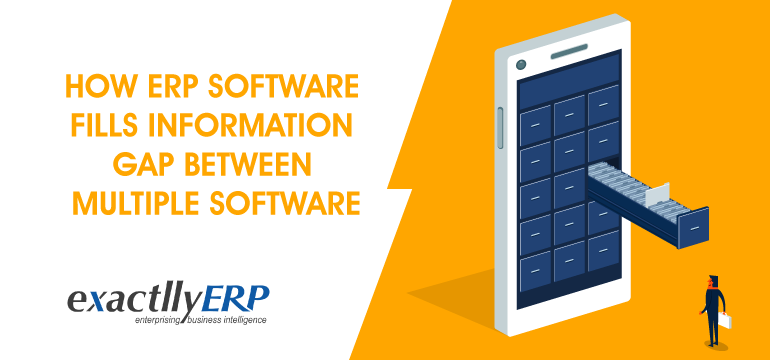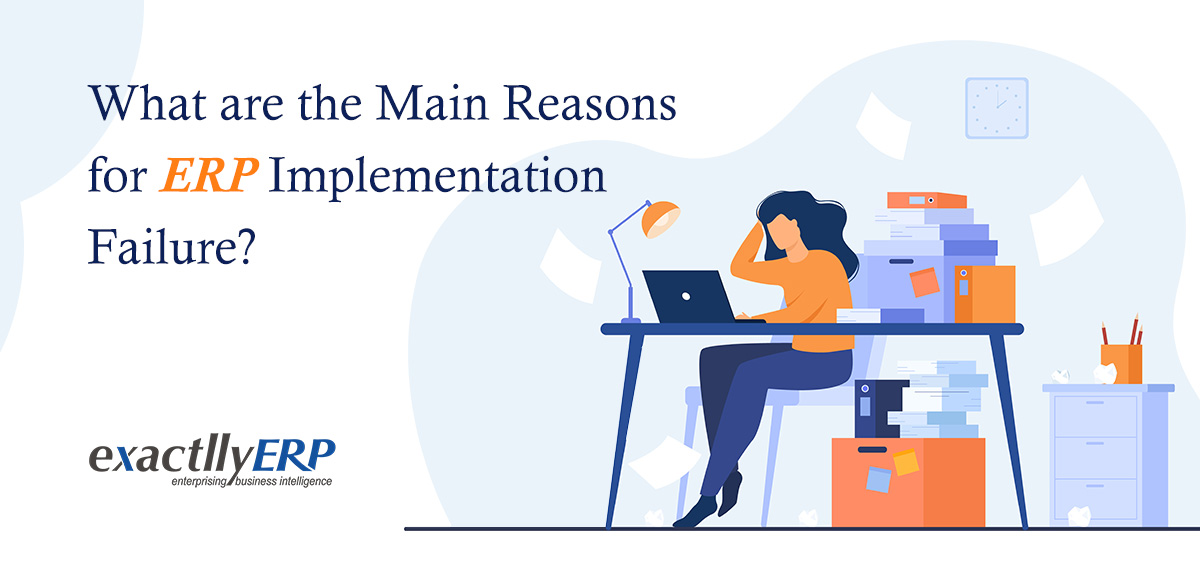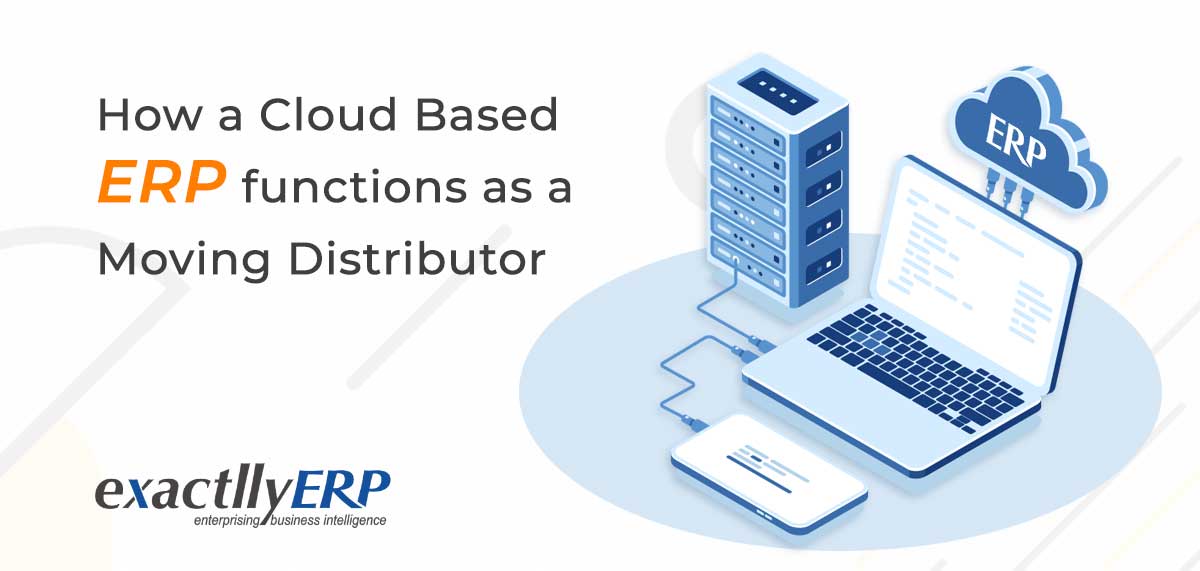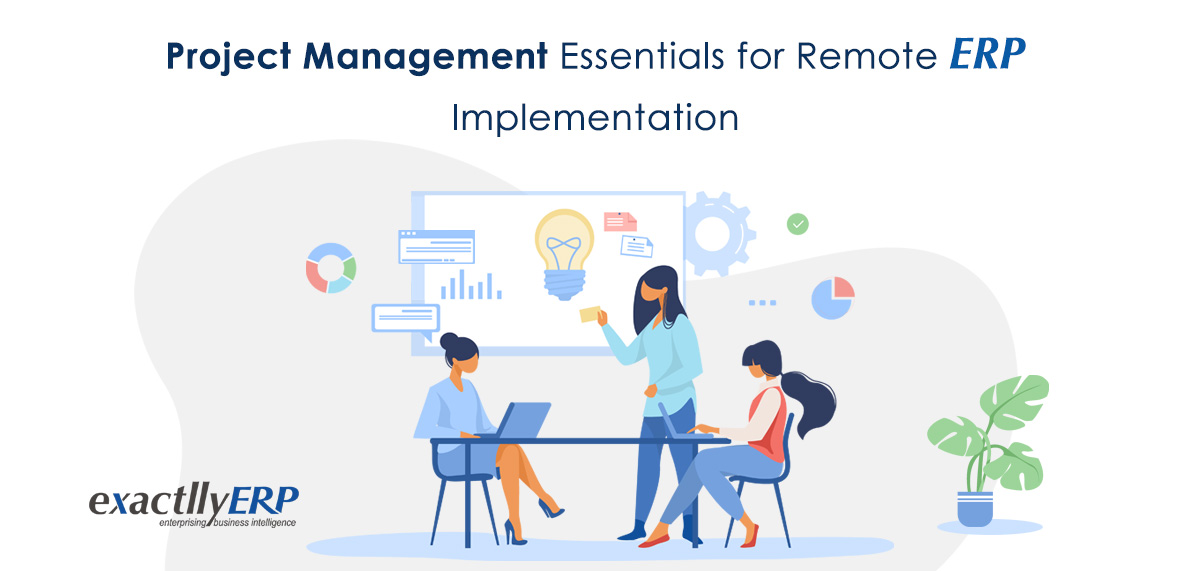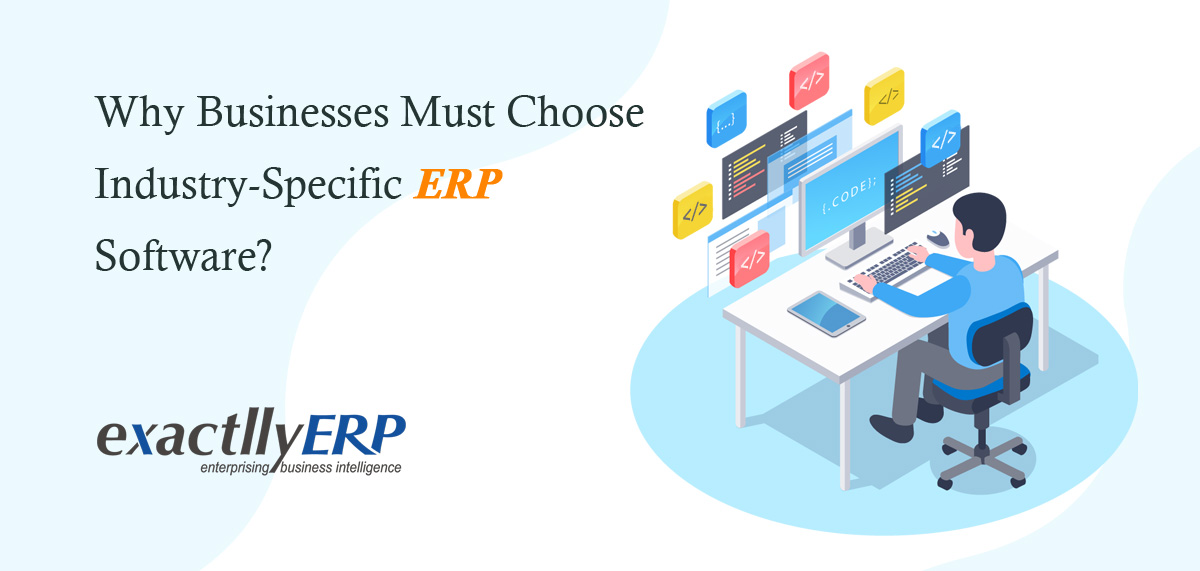Learn About Every Aspect of TCS On Sale of Goods In This Detailed Guide
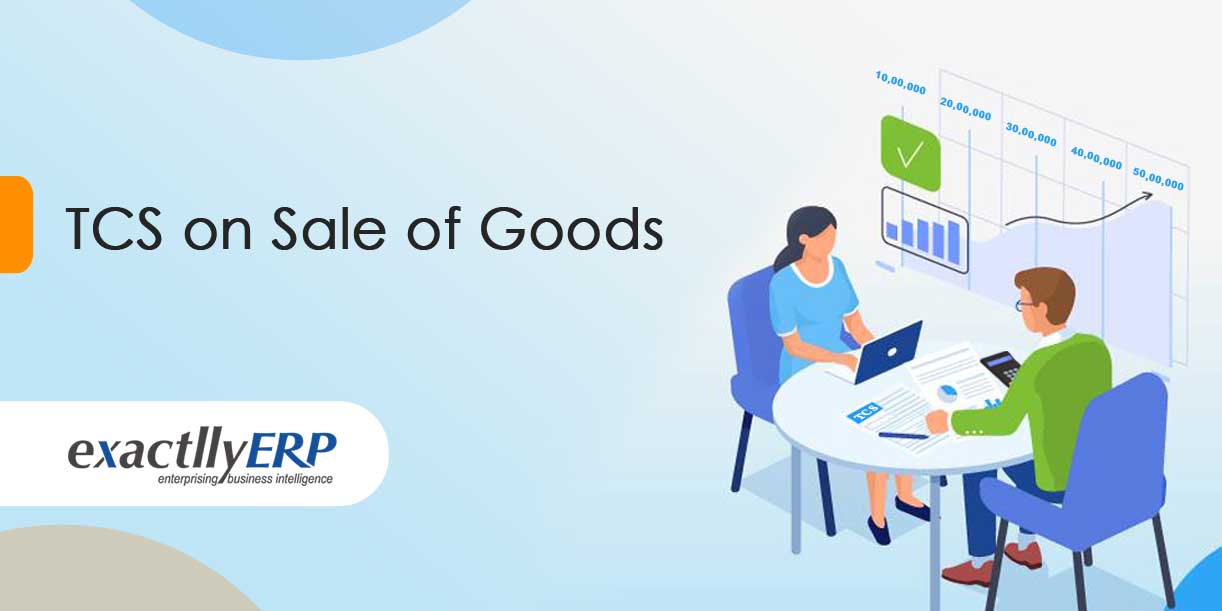
Tax collected at source – Introduction
TCS or tax collected at source is the levy that a seller pays that he bills from a buyer during the sale. This tax reaches the Government treasury on the money receipt from that buyer. The seller must accumulate & deposit TCS according to rates mentioned therein for goods sale that reaches beyond 50 Lacs in a year. By introducing 1H which is the new subsection to section 206C of Income Tax Act 2020, this initiative will take off from 1st October, 2020.
This amendment has paved the way for the influx of several questions. This article addresses those questions aptly.
FAQ on new TCS initiative:
1. When is the TCS or tax collected at source casting expected to enter into force?
Tax collected at source under GST on Sale of Goods will come into effect from 1st October 2020.
2. What is the need for tax collected at source?
TCS is intended for the purpose of proof of payment for the sale of goods
3. Will TCS be levied on services too?
Tax collected at source GST is only tolled on goods. A clear definition of Goods is absent in the Income Tax Act. According to the Sale of Goods Act, 1930, 2(7) each type of moveable assets other than money & actionable claims is regarded as “goods”. This includes shares & stocks, grass, or land forming parts that is decided to be disconnected prior to sale or beneath the sale contract.
4. Who is legally responsible to collect tax collected at source?
As the section describes “seller”, he is accountable to assemble TCS & deposit it with Government. Sellers whose gross receipt from trading instantly precedes the financial year that surpasses Rs 10 crore are accountable to collect TCS. If the seller is a non-resident who is selling to Indian resident will also need to pay the tax. But this is a point of debate as the description of buyer & seller has not prohibited non-residents from its domain.
5. Do newly integrated entities also come under 206C (1H) provisions?
The sales for the instantly foregoing financial year are ZERO. Thus, TCS provisions under Income Tax act are not pertinent.
6. Is TCS valid over & above 50 Lakhs or on the whole consideration?
Presumably, if 90 Lacs is the entirety of consideration for the sale of Goods, then only a collection of 40 Lacs will be required & not on the sum total of 90 Lacs.
7. What is the rate of TCS?
The TCS rate that requires deduction is 0.1% of sale contemplation exceeding Rs 50 Lacs. But the Finance Minister has broadcasted measures for credit & relief support linked to businesses. This is especially for MSMEs for supporting the Indian economy to combat the novel Coronavirus on 13.5.2020. Another measure is about the lessening in TCS & TDS rate by 25%. Thus, .075% is the rate of application for Section 206C (1H) up to 31.3.2021.
8. Should every receipt of proof of payment attract TCS?
No, it will not attract TCS or tax collected at source. It will attract when the value received
- Surpasses INR 50 Lacs in a year from a buyer
- The amount that goes beyond INR 50 Lacs that is attained after 1st October 2020
For example, X & Co sells goods to Mr. Z summed to INR 8 Lacs during the FY 2020-21, that is, INR 6 Lacs goods value prior 1st October & INR 2 Lacs goods value after 1st October 2020. In this example, the collection of TCS will be on INR 2 Lac.
9. Is the new TCS or tax collected at source levy relevant on goods export?
It is not valid on the export of goods.
10. When a person sells goods outside of India, will the goods amount exported be excluded in measuring the Rs 50 Lacs limit?
As per the TCS provisions under Income Tax act of the new sub-section, the value of the goods that are sent overseas will not be included for calculating the amount of Rs 50 Lacs. But if goods are vended in the procedure of export or before export, whether TCS collection is required or not needs clarity.
11. Is TCS collectable on sales value & does it includes or exclude GST?
Collecting TCS or tax collected at source under GST will be mandatory on sales value & it will include GST.
12. TCS collection will commence on Net amount or Gross amount?
TDS which is under chapter XVII-B will be subtracted as clarified by CBDT in Vide Circular No. 1/2014 dated 13/01/2014. This will be reduced to the amount that is payable without the incorporation of the service tax component. In vide circular No. 23/2017, this clarification received reaffirmation after GST implementation. TCS provisions come under the chapter XVII-BB which is why the collection of TCS will commence on the gross amount & this includes taxes as well.
13. What will happen if there is a scenario of sale return? Will TCS be reversed then?
When returning goods take place prior to consideration, tax collected at source is possible on the net amount. But when the returning of goods takes place after payment of consideration, the Government will offer a tax collected at source refund to the seller.
14. Is freight charges present in invoice subject to levy of TCS as well?
Yes, the freight charges are involved in levy of tax collected at source. In fact, whichever incidental expense the invoice carries, it is subject to levy of TCS.
15. Is checking the threshold limit for each buyer necessary?
Yes, for each buyer, checking the threshold limit is important. Tax collected at source is only liable when the threshold limit crosses.
16. Is there any good which is already under the Tax collected at source purview?
Yes, there are a number of goods that are under the TCS purview. Tendu leaves, forest produces, coal, iron ore, alcoholic liquor, timber, ignite & motor vehicle at stipulated rates are some of the goods.
After the enactment of the new Tax collect at source under GST levy, the goods as mentioned above will prolong to be sheltered under tax collect at source at the previous prescribed rate.
17. Is TCS collection necessary on real estate transactions?
Real estate is not included under the realm of Goods according to the Sale of Goods Act, 1930. This makes TCS provisions under Income Tax act non-applicable.
18. Is tax collected at source levy applicable on credit notes and debit notes as well?
TCS on scrap section collection is mandatory on debit notes. In the context of practical considerations, the exclusion of credit notes can happen.
19. Tax collected at source is imposed on sales invoice issuance or during the time of consideration of receipt?
It is advisable that tax collected at source GST be levied at the time of sales invoice issuing. Manual interferences & system challenges need to be taken into consideration.
20. How the threshold limit should be identified in case TCS is levied at the time of issuance of sales invoice?
Since the point of levy is receipt of consideration, the opening ARs/advances (as on 1st April 2020) should be included/reduced for calculating the threshold limit with the advances and invoices raised during the year in the first year of implementation. It is assumed that we receive full opening ARs/advances during the year under consideration. The limit is to be checked on a yearly basis.
For the subsequent year, the threshold limit identification would be the summation of advances received, if any, and invoices raised during the year. We need to check the applicability of TCS on year on year as well as specific to each buyer basis on PAN. As a summary,
| Threshold for FY 20-21 | Threshold for FY 21-22 & Others | |||
| Invoices raised in FY 20-21 | XXXXX | Invoices raised in FY 21-22 | XXXXX | |
| Add | Advances received in FY 20-21, if any | XXXXX | Advances received in FY 21-22, if any | XXXXX |
| Add | Opening AR | XXXXX | Less: Invoice raised against advance received in FY 20-21 | XXXXX |
| Less | Opening Advances | XXXXX | ||
The given solution appears to be the possible solution under given circumstances and system challenges.
21. What could be the different possible scenarios for levy of TCS?
We have provided various scenarios for the levy of TCS in the below Table. In the below table, we have taken 2 invoices which are raised in FY 2020-21. Please note that the opening balance in positive (+) represents receivables and in negative represent advance from the customer as at 1st April 2020.
(*Value in INR Lacs and inclusive of GST)
| Scenarios | Opening Balance in INR | Gross Value of Invoices shall be raised from 1st April 2020 onwards | TCS Treatment Remarks | ||
| Invoice – 1 before 1stOct’20 | Invoice – 2 before1st Oct’20 | Invoice – 3 after 1st Oct’20 | |||
| 1 | INR 50 Lacs | INR10 Lacs | INR25 Lacs | INR 5 Lacs | Though the opening balance itself crosses the threshold limit of INR 50 Lacs, since the TCS will come into effect from 1st Oct 20, hence we have to levy the TCS on the invoice raised on or after 1st Oct 20, i.e. on invoice-3 and thereafter on the gross value of every invoice during FY 20-21. |
| 2 | INR 30 Lacs | INR 15 Lacs | INR10 Lacs | INR 30 Lacs | As we can see that threshold limit is crossed in invoice-2, but as per discussion in scenario-1 above TCS shall be levied on INR 30 lacs in 2nd Invoice-3, which is raised post 1st Oct 20 and thereafter on gross value of every invoice in FY 20-21. |
| 3 | INR 0 | INR25 Lacs | INR12 Lacs | INR35 Lacs | As we can see that threshold limit is crossed in invoice-3 (25+12+35 > 50), TCS shall be levied on INR22 lacs on 3rd Invoice and thereafter on gross value of every invoice. |
| 4 | INR -30 Lacs | INR70 Lacs | INR20 Lacs | INR10 Lacs | As we can see that threshold limit is crossed in invoice-2 itself (-30+70+20>50), but as per discussion in scenario-1 above, TCS shall be levied on INR 1 Lac in 3rdInvoice, which is raised post 1st Oct 20 and thereafter on the gross value of every invoice in FY 20-21. |
Are you a taxpayer whose goods sales amount in a year surpasses 50 Lacs? If yes, then you will definitely require an assessment of tax liability in order to get a clear picture. ERP systems incorporate a business’s sales and finance department largely. It does not just help in enhancing sales visibility but regulates order processing effectiveness as well.
Get in touch with exactllyERP for getting hands-on a structured & pre-arranged order management procedure. For more information please feel free to contact us.

